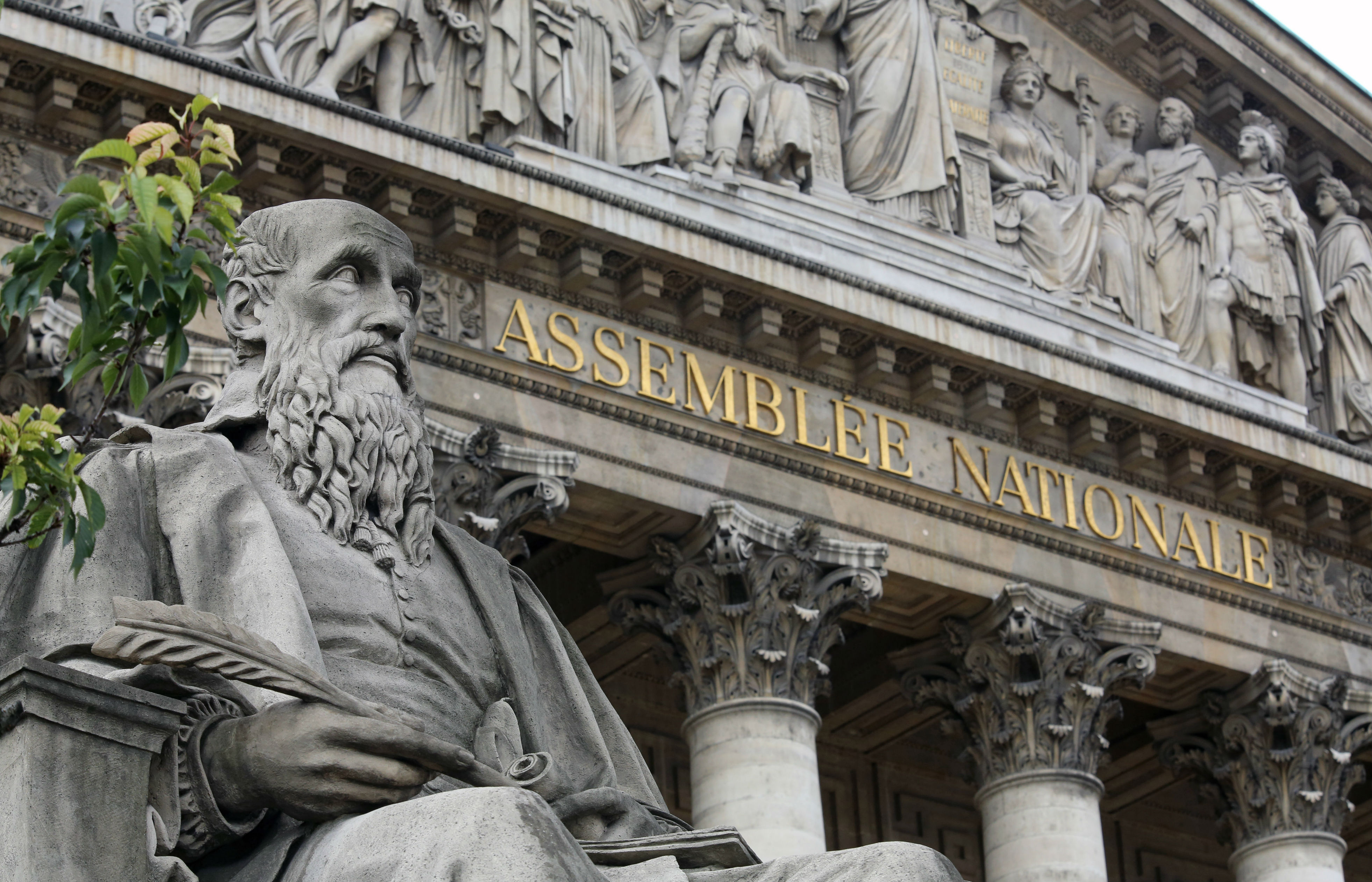Archbishop Georges Pontier, head of the French bishops' conference, has sharply criticised the Socialist government's plan to criminalise websites that offer women alternatives to abortion, saying it's a violation of freedom of expression and conscience.
In an open letter to President Francois Hollande, the Marseille archbishop said a bill to create the crime of "digital obstruction of abortion", which the National Assembly passed in its first reading last week, was being rushed through parliament without proper consultation with all groups concerned.
The Government decided to create the new crime after finding that its own website, which stresses abortion rights and glosses over any related problems, showed up on search engines below some private abortion counselling sites run by pro-life groups, mostly with a Catholic background.
The bill will broaden the crime of obstructing access to abortion to include pro-life websites. The original law was passed in 1993 in response to reported psychological pressure on women seeking abortions or actual hindrances such as sit-ins at abortion clinics.
It would not close down the websites, but make them legally responsible for their information and therefore open to lawsuits for spreading what the bill calls "allegations (or) indications likely to intentionally mislead and deter (women) about the characteristics or medical consequences of a voluntary termination of pregnancy". Penalties would be up to two years in prison and fines of up to 30,000 euros.
"This bill calls into question the foundations of our freedoms and especially the freedom of expression, which cannot be at different speeds according to the subject”, Pontier wrote in his letter. “Can the slightest incentive to keep a child be described as 'psychological and moral pressure'?"
"It would constitute, despite what its depositaries say, a serious precedent for limiting freedom of expression on the internet. A limitation (that is) all the more serious as it affects questions of freedom of conscience. This seems to me to be a very serious attack on the principles of democracy."
Defending the bill, Families and Women’s Rights Minister, Laurence Rossignol, said the law would "consolidate the fundamental right of women to control their bodies".
"Freedom of opinion is not the right to lie,” she said.
The “digital obstruction” bill is the latest step the Socialist government has taken to extend access to abortion, which was legalised in France in 1975. It has made the procedure completely free on the national health service, scrapped a one-week “reflection period” and dropped the requirement that a woman must prove she is in distress.
The Government’s own abortion website warns users: “Be wary of websites and toll-free numbers, for example, devoting much of their content to maternity and the so-called complications and traumas associated with an abortion.”
Cardinal André Vingt-Trois, archbishop of Paris, has spoken out several times about the planned law. In late September, as it was debated in parliamentary committee, he said: “If they succeed in banning people from discussing the consequences of an abortion, we will enter completely into the realm of thought police and the dictatorship of a totalitarian vision of abortion.”
Criticism was not limited to abortion opponents. Political scientist Dominique Reynié wrote in Le Figaro: “I support abortion, and I think that the decision to opt for it is an extremely serious one. My opinion is about to become a crime.”




 Loading ...
Loading ...